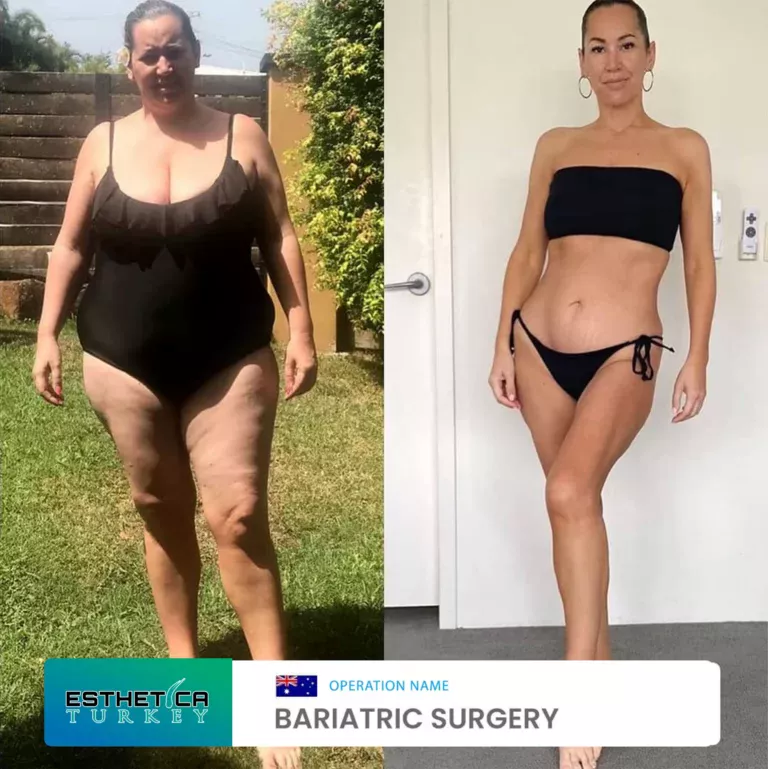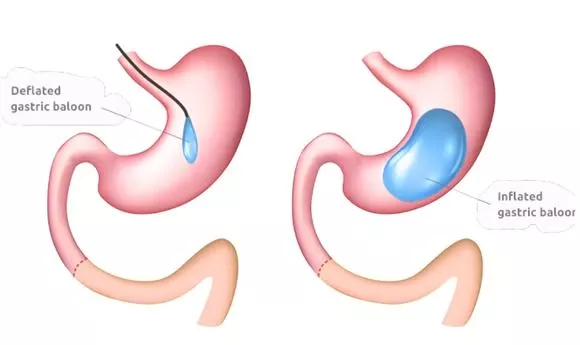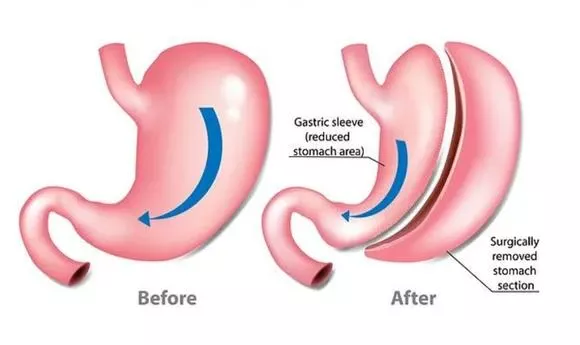A Solution for Weight Loss
Welcome to our clinic’s website, where we provide comprehensive information about the life-changing procedure known as gastric bypass. This article aims to shed light on what gastric bypass entails, the different types available, and what patients can expect before, during, and after the operation. If you’re considering gastric bypass surgery in Turkey, read on to learn more.
What is Gastric Bypass?
Gastric bypass is a surgical procedure designed to help individuals struggling with obesity achieve significant weight loss. It involves creating a smaller stomach pouch and rerouting a section of the small intestine to restrict the amount of food consumed and the absorption of nutrients. This procedure can result in long-term weight loss, improved overall health, and a higher quality of life.
Types of Gastric Bypass:
1. Roux-en-Y Gastric Bypass: This is the most commonly performed gastric bypass surgery. It involves dividing the stomach to create a small pouch and connecting it directly to the middle portion of the small intestine. The remaining stomach and upper portion of the small intestine are bypassed, leading to reduced food intake and calorie absorption.
2. Mini Gastric Bypass: This procedure is similar to Roux-en-Y, but it involves creating a longer and narrower stomach pouch. The small intestine is then connected to this pouch, bypassing a larger portion of the stomach and small intestine. Mini gastric bypass offers similar weight loss results and is less invasive than the traditional method.
Before the Operation:
Before undergoing gastric bypass surgery, patients will go through a comprehensive evaluation. This may include a thorough medical history assessment, physical examinations, laboratory tests, and consultations with various healthcare professionals. It is crucial to inform your medical team about any existing medical conditions, medications, or allergies to ensure the procedure is safe and tailored to your needs.
During the Operation:
Gastric bypass surgery is performed under general anesthesia, typically through minimally invasive laparoscopic techniques. Small incisions are made in the abdomen, allowing the surgeon to insert specialized instruments and a small camera for guidance. The stomach is divided to create the smaller pouch, and the intestine is rerouted to establish the bypass. The procedure usually takes a few hours, depending on the patient’s specific case.
After the Operation:
Following gastric bypass surgery, patients will require a hospital stay for a few days to monitor their recovery and manage any potential complications. The initial recovery period involves adapting to a liquid or soft food diet, gradually transitioning to solid foods over time. Regular follow-up visits with the medical team are essential to monitor progress, adjust dietary recommendations, and provide ongoing support. Lifestyle changes, including adopting a balanced diet and engaging in regular exercise, are crucial for successful weight loss and maintenance.
Conclusion: Gastric bypass surgery in Turkey offers a proven and effective solution for individuals struggling with obesity. By understanding the procedure, its different types, and the pre- and post-operative considerations, patients can make informed decisions and embark on a journey towards a healthier, happier life. If you’re considering gastric bypass, consult with our experienced medical professionals who will guide you through the process and provide the support you need.










